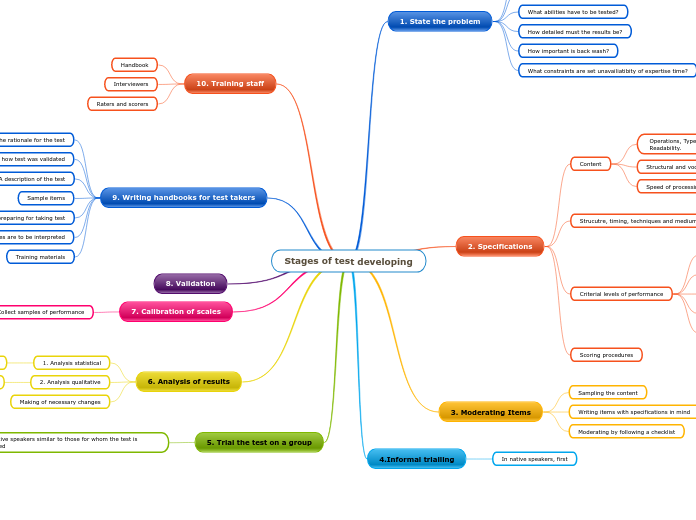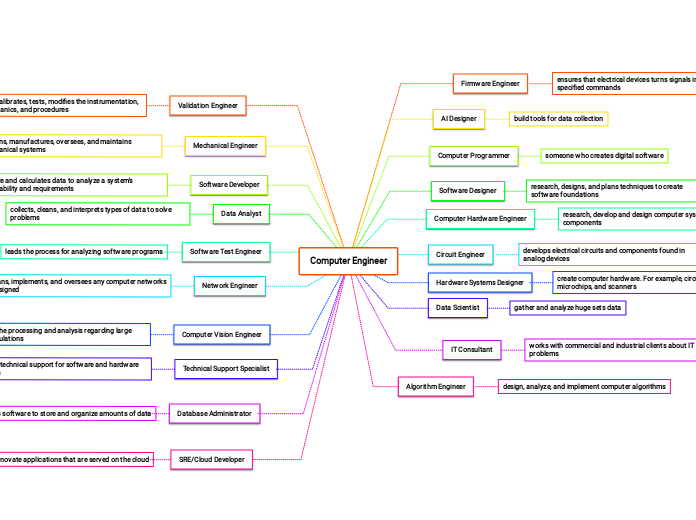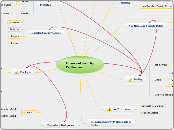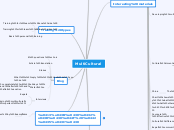Stages of test developing
Type in the name of the company you are going to have an interview with.
5. Trial the test on a group
No-native speakers similar to those for whom the test is intended
6. Analysis of results
Making of necessary changes
2. Analysis qualitative
Indicators of fauly items
1. Analysis statistical
reliability
7. Calibration of scales
Collect samples of performance
8. Validation
How ambitious are you?
9. Writing handbooks for test takers
Do you fully understand what this position implies?
After you've made some research on the company, read the job description thoroughly, and try to fully understand what your responsibilities will be.
Training materials
An explanation of how test scores are to be interpreted
Advice on preparing for taking test
Sample items
A description of the test
What would you do on the first day?
What about the first week(s)? Fill in some of the actions that you are planning to take.
An account of how test was validated
What do you think the main challenges will be?
Type them in.
details of test administration
The rationale for the test
What will be your main tasks?
Type them in.
10. Training staff
Raters and scorers
What experience have you got from your previous jobs? Make sure you specify all your previous work experience, part-time jobs, vacation jobs, voluntary work, and unpaid work experience that are relevant for the position you are applying for.
Interviewers
Describe a typical work day in your previous/current position.
Handbook
Why will/did you leave your existing/last job?
4.Informal trialling
In native speakers, first
3. Moderating Items
Moderating by following a checklist
Writing items with specifications in mind
How would you describe yourself?
Type in a short description.
Sampling the content
What are your hobbies?
What do you like to do in your free time? What was the last film you saw or the last book you read? Think of the activities that relax you the most. Fill in several hobbies.
2. Specifications
Are you qualified for this position?
Interviewers will want to know whether or not you are able to do the job.
Answer the questions from this section and see if you are the right person for this position.
Scoring procedures
What can you do for this job that other candidates can't? Why?
Criterial levels of performance
Which qualities were easily observed by your colleagues and/or your former/existing boss?
Type them in.
Size
Flexibility
Range
Appropriacy
Accuracy
Strucutre, timing, techniques and medium
What are your weaknesses?
Examples:
stubbornoverly critical, can't accept authoritytoo demandingtoo talkativetoo quiettoo sensitivelacking assertivenesslacking social tact
Channel: paper, online, face to face, etc.
Number of items and passages
Content
What strengths qualify you for this job?
Example:
ambitiousgood communicatorfocuseddeterminedadaptablecuriousoptimisthard workerhonestpoliteco-operativeself motivatedenthusiasticgood leaderstrategic thinkerquick learnerflexiblegood problem solver
Speed of processing
Structural and vocabulary range.
Dialect, accent and style
Why do you think you have this strength?
Give an example.
Operations, Type of text. Adresses, Leght of text. Topics. Readability.
1. State the problem
Research the company
You should find and learn as much as you can about the company where you are having an interview.
The interviewer will want to see what you know about them and why you chose the company.
Doing your homework will show that you are really interested.
What constraints are set unavailiatibity of expertise time?
How important is back wash?
What do you know about the company's main goal and vision?
Type in the answer.
How detailed must the results be?
What abilities have to be tested?
What can you do for this company that someone else can't?
Type in several unique traits that will turn you into the perfect candidate for the position.
The precise purpose
What do you know about the company?
Type a short description of the company's background.
What kind of test is it to be?
Why do you want to work for this company?
Think of what you can do for them, not of what they can do for you.
Proficiency, diagnostic or placement.









